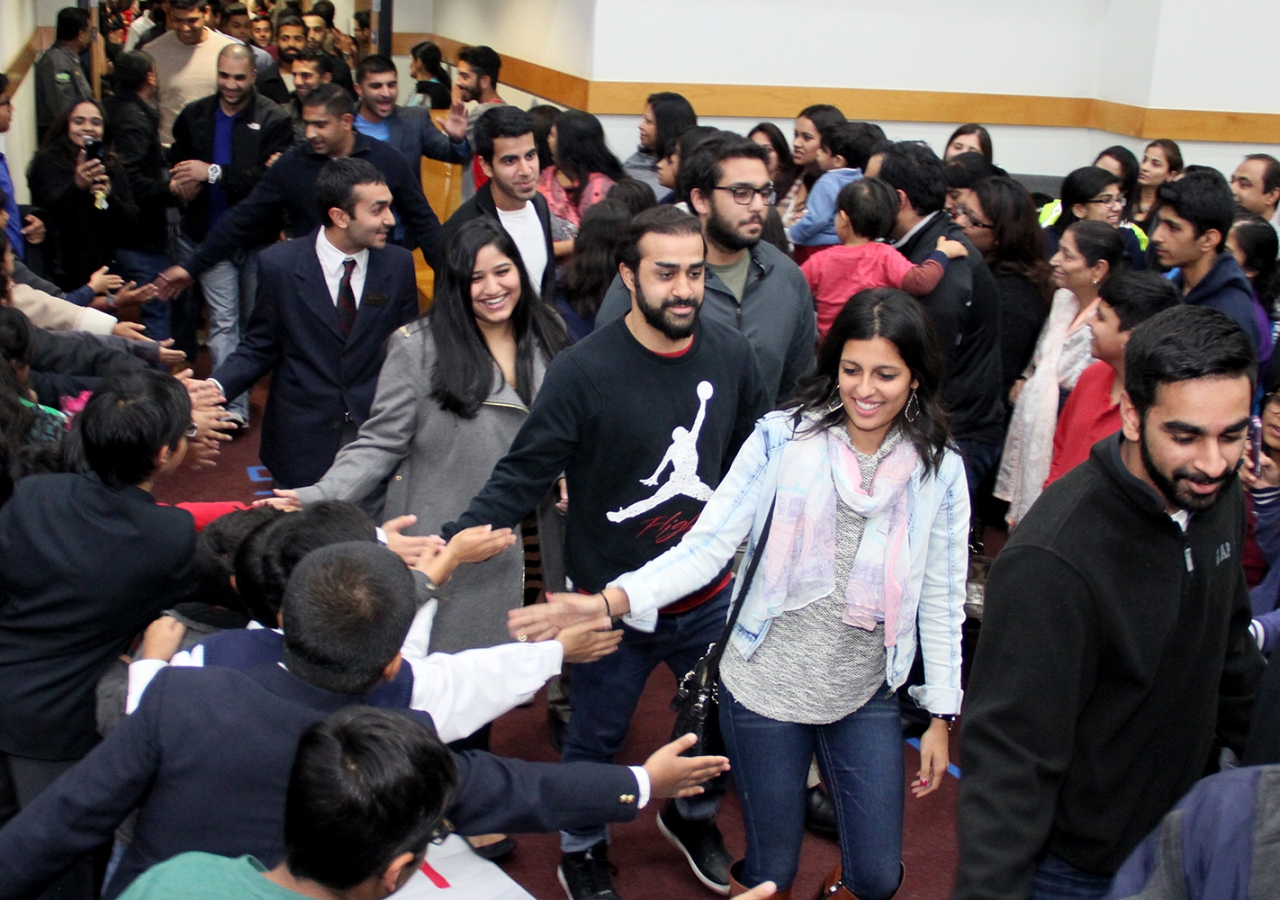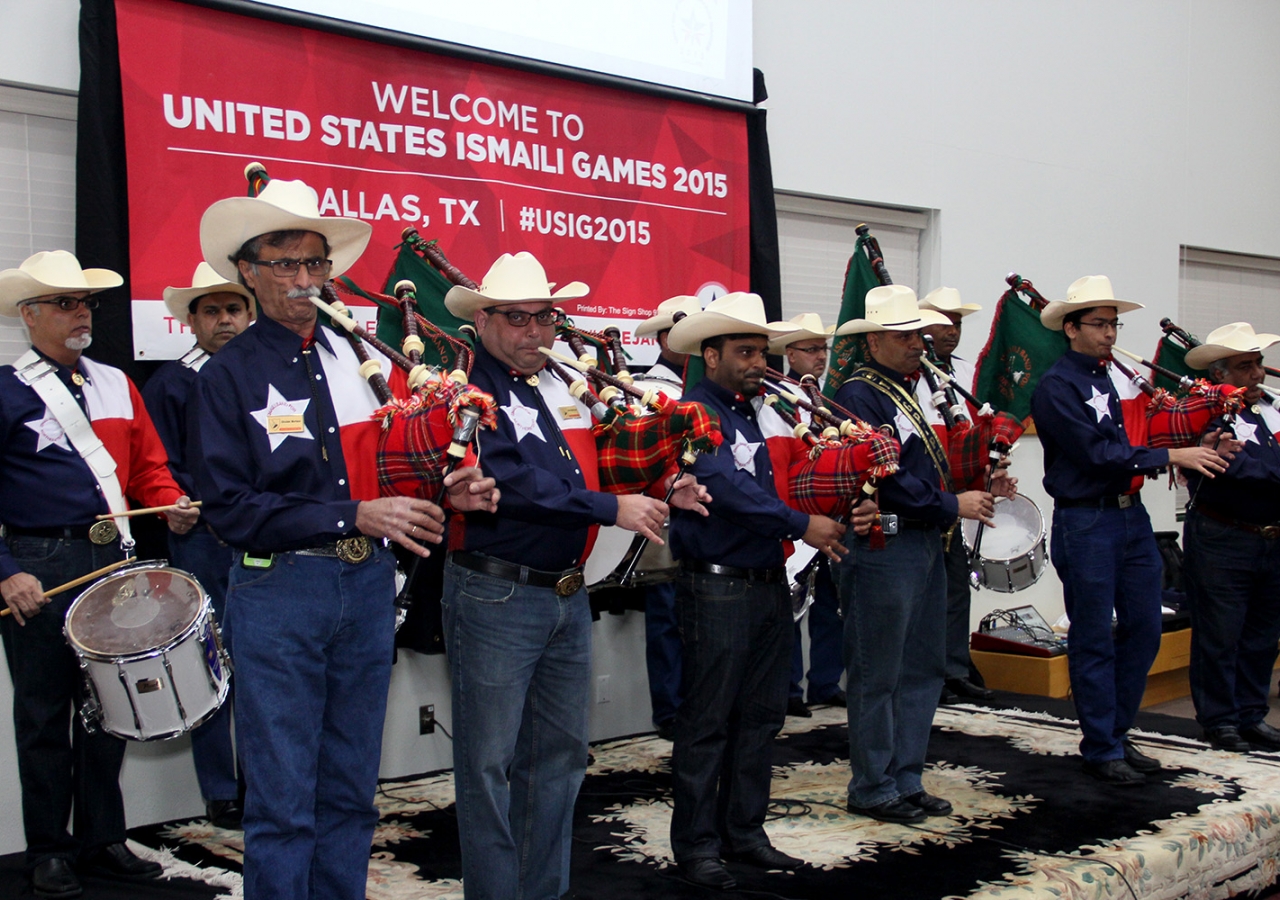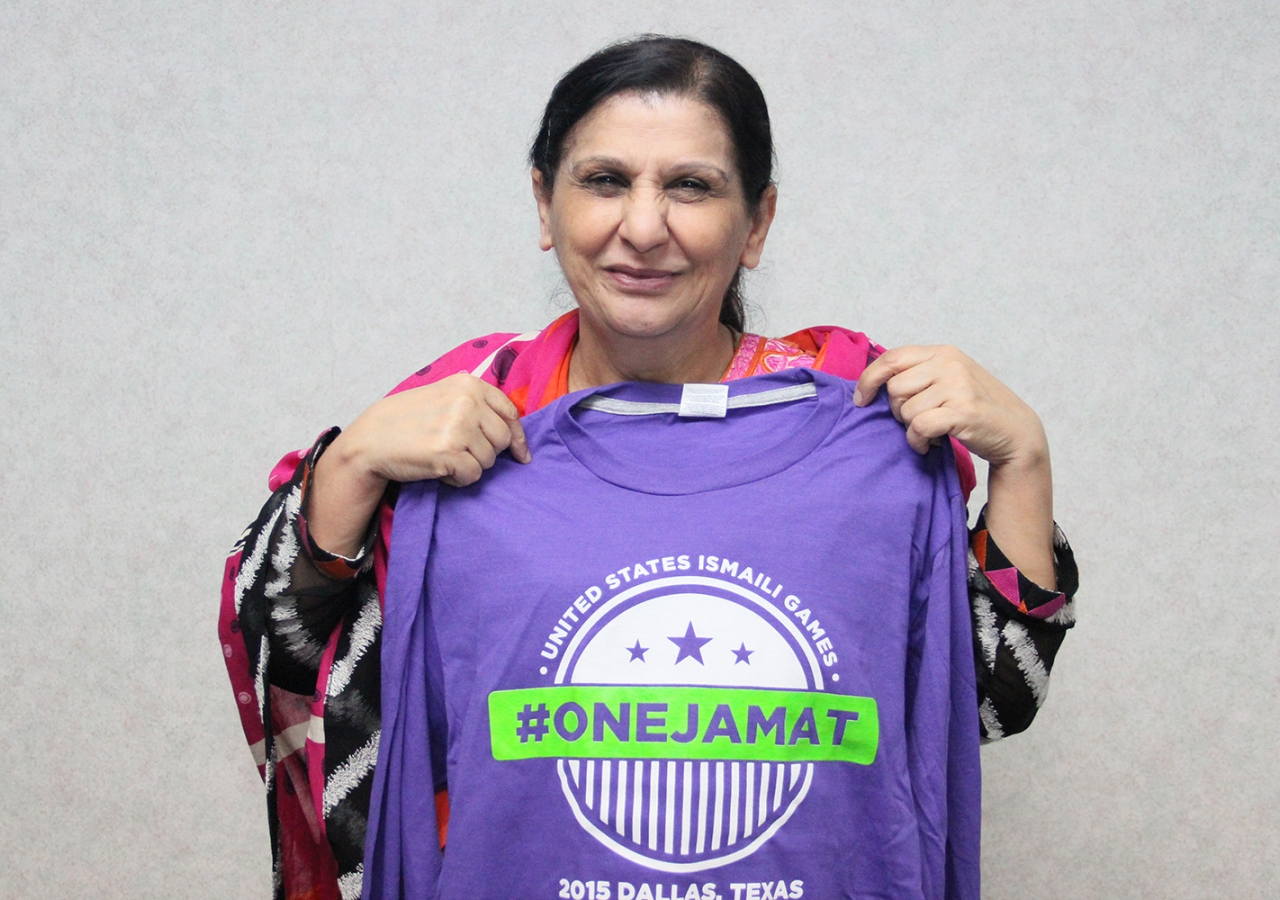Athletes will compete in a diverse set of sports including basketball, cricket, squash, and soccer. Sports such as dance, flag football and volleyball have helped boost female athlete registration beyond levels seen in prior tournaments.
Shaista Motani, a member of the Central US women’s volleyball team, has been practicing with her teammates twice weekly since August. She has played at many Ismaili tournaments over the years and says, “I am excited to have the opportunity to come back now that I’m older, to participate and to know that our community puts such a value on sports and coming together.”
About 200 participants from these games will advance to the 2016 Jubilee Games in Dubai, where over 1 700 Ismaili athletes from more than 20 countries are expected to take part. “We in the Central US are honored to host this unique event and are excited to be a part of the athletes’ journeys to the Jubilee Games,” says President Didarali.
Danish Charanya, Chairman of the Aga Khan Youth and Sports Board for the Central US says that the Games’ One Jamat slogan is especially important.
“The Games are more of a platform to bring the community together,” says Charanya. “It’s not just about the individual. At the forefront of our minds is holistic youth development and civic engagement.”
With civic engagement in mind, Games attendees will participate in numerous activities with the aim of giving back to the host city. These include preparing blankets and hygiene kits for the homeless, writing thank you cards for servicemen and women and well-wishing cards for paediatric cancer patients, and creating a sports-themed mural that will be donated to a local non-profit organisation. Matthew Marchant, the mayor of Carrollton, Texas, has signed a proclamation recognising the tournament and its participants for their service.
“The Ismaili athletes’ and over 500 volunteers’ time and dedication are a true testament to how ingrained the notion of service is within the Ismaili community,” says Charanya.
“We want to impact not just our community, but impact the communities where Ismailis live, regionally, nationally, and globally.”










